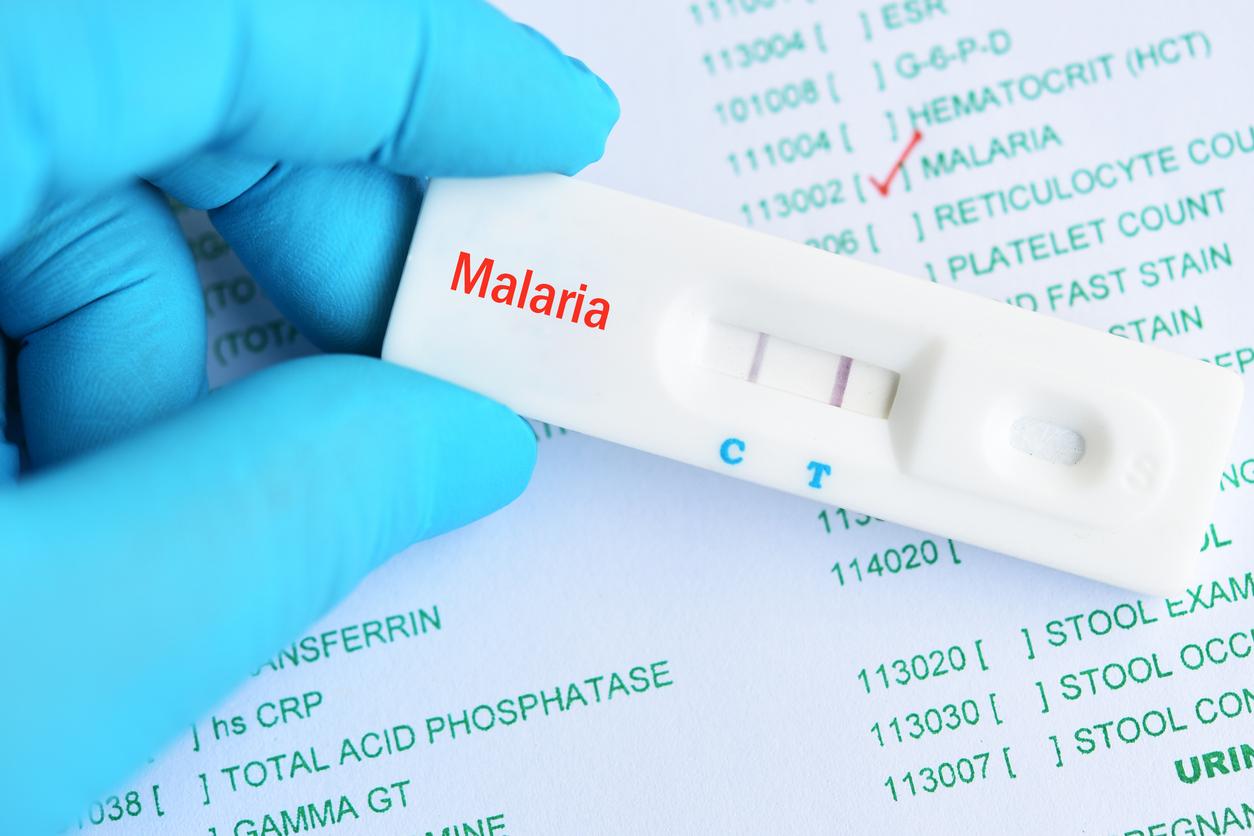Why do some mosquitoes prefer human blood, and others animal targets? This is the question posed by researchers at the University of California. And the answer is genetics. Scientists studied the Anopheles Arabiensis mosquito, which they collected both indoors and outdoors, in the Kilombero Valley in Tanzania. This species is the main vector of malaria in East Africa, and attacks many different hosts. Goats, pigs, dogs, cattle, and of course, humans.
Inverted genes
The authors of thestudypublished in Plos Genetics, sequenced, that is to say mapped, the genome of 23 mosquitoes that prefer humans, and 25 mosquitoes carried on animals.
They found that mosquitoes with a preference for cattle had a genetic particularity. They are more likely to have a difference in their genes called “3RA inversion”. According to the researchers, this genetic rearrangement therefore contributes to the choice of host when a mosquito eats.
Putting all mosquitoes on a “human” diet?
These findings could help identify other genetic markers, and understand why those who don’t carry the inversion turn to humans. Scientists will also be able to follow the evolution of genes in the mosquito population after the application of insecticide treatments. Some of them do indeed target human-biting mosquitoes, which could have an effect on the genome of the remaining mosquitoes. Finally, this discovery could eventually make it possible to induce in all mosquitoes a preference for animals… And thus spare the some 214 million people who contracted the disease in 2015 according to the World Health Organization.
Also to read
Malaria: a new means of diagnosis with magnetic fields
Malaria has been eradicated in Sri Lanka
Malaria still kills 500,000 people a year

















